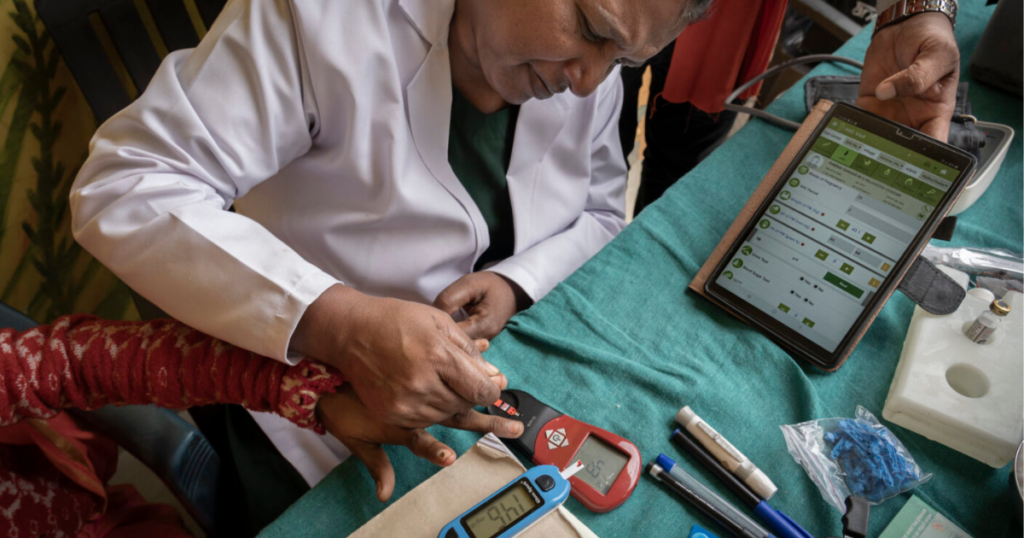Quality in maternal healthcare is defined as the degree to which the maternal and newborn health services can be considered to be safe, effective, timely, efficient, equitable and people-centred. Integration of quality of care across the antenatal, intrapartum and postnatal period is essential to improve healthcare outcomes of mothers and newborns. As such, higher quality care would decrease the likelihood of the maternal and/or infant mortality, while also improving accessibility, utility and efficiency of the health systems, resulting in an improved experience for users.
Three types of stakeholders are engaged in quality of maternal health care – PAYERS (including government, users) fund and govern quality health delivery; PROVIDERS (including healthcare providers and platforms) deliver and implement quality as part of delivery of care; and ENABLERS (including apex bodies, professional associations etc.) play a supporting function by monitoring and influencing policy.
Quality includes quality assurance (QA), a measurement-oriented recurring benchmarking, and quality improvement (QI), a change-oriented activity undertaken on an ongoing basis. In India, policies and programmes have included several QA and QI initiatives for health overall and maternal health, however their uptake has been limited.
The quality in maternal health framework includes three components across the continuum of care. Foundational health system levers (including governance, infrastructure, technology and tools, health workforce and demand-side factors) form critical components of the system, which are implemented via processes of care. These enable competent care and systems and positive client experiences, thereby resulting in improved outcomes as an impact of greater quality. This results in better health, greater confidence in systems and economic benefits through enhances productivity and efficiency.
Challenges exist across all five foundational levers in maternal health quality in India. Solutions in the ecosystem focus on capacity building, upgrading infrastructure, and monitoring of healthcare provisions, and include capacity building and upskilling health workers on dignified care, in addition to technical skills; bolstering medical equipment and supplies in maternal healthcare, in line with standards and guidelines; and strengthening the systemic monitoring and client feedback mechanisms through awareness generation, and enabling demand for quality services.
Dialogue and action around quality is gaining traction in India. The private sector is getting more involved in defining, enabling and monitoring quality of maternal health care with a rise in solutions and interventions in this space. With the government undertaking pay-for-performance measures, recognising the need for QA mechanisms, and viewing quality as an important criteria for hospital empanelment and cashless transfer facilities by insurance providers, there is a strong tailwind to strengthen quality of maternal health.
Contributors: Yashasvi Murali, Aditi Hegde, Arnab Mukherjee, Anindita Bose, Jyotir Sondhi, and Lakshmi Sethuraman.




